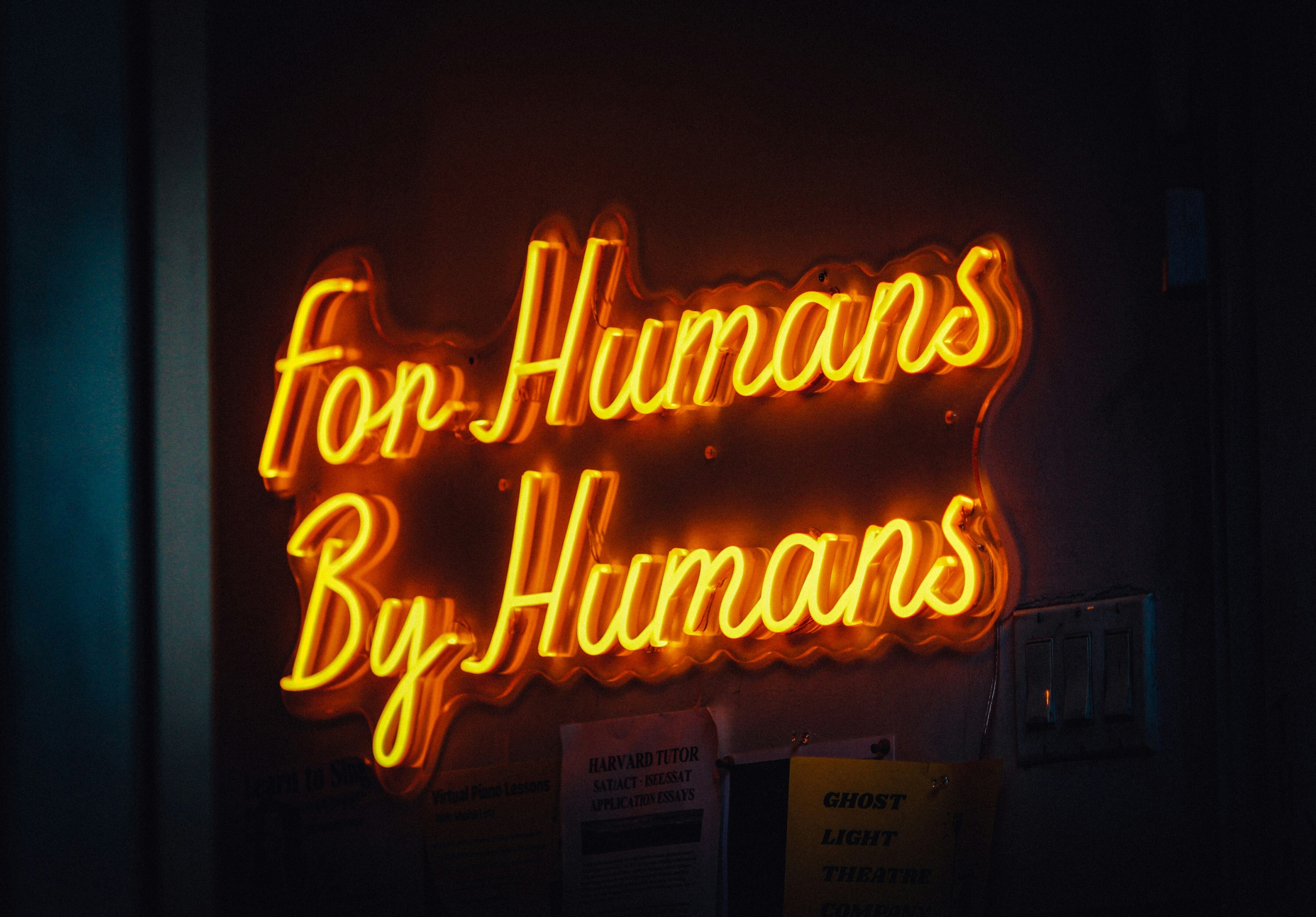Learning through play represents the best long-term value for helping kids, regardless of background

A crisis in children’s learning requires playful experiences.
Image: Leo Rivas/Unsplash
Stay up to date:
Education
- The LEGO Foundation has reviewed evidence of the power of learning through play to tackle inequality and improve the outcomes of children.
- Experts increasingly recognize the benefits of learning through play, especially for early brain development, and the role that adults can play in nurturing this.
- Many of the report’s conclusions about early childhood impacts are testable, which the LEGO Foundation sees as a roadmap for learning our way forward.
The LEGO Foundation’s new report, Learning Through Play: Increasing Impact, Reducing Inequality, gathers evidence from early childhood programmes in 18 countries across the world to show how important the presence of play is in efforts to reduce inequality in learning and close achievement gaps in children from different socio-economic backgrounds.
Many children around the world do not reach their full potential, despite continuous attention and efforts to improve both the prevalence and quality of early childhood interventions and policy. Early childhood, therefore, represents an exceptionally powerful opportunity to break intergenerational cycles of inequity. However, leveraging this opportunity requires attention to closing both access and learning gaps between children from more advantaged and less advantaged backgrounds.
Inequality in learning is an urgent global issue. It severely affects individual children’s well-being and life chances, and the development of both economies and societies. Even prior to the COVID-19 pandemic, children’s learning was in crisis, where eight out of ten children in low-income countries did not have access to pre-primary education, and children from more disadvantaged backgrounds more likely to miss out on the benefits. The pandemic has only sharpened these inequities, hitting children in poorer countries particularly hard, and making it clear that we need to reimagine what early education can and should be.
A crisis in children’s learning requires playful experiences
The new report from the LEGO Foundation, Learning Through Play: Increasing Impact, Reducing Inequality, draws on evidence from 26 studies of early childhood learning programmes, carried out in 18 locations around the globe, as well as interviews with the authors of these studies. The data reveals a pattern in the presence of play – in its facilitation, characteristics and types – in these efforts, which suggests that learning through play represents the best long-term value for helping children, regardless of background.
We should not be looking for instruction at the early years and in pre-school, when guided and free play are more effective. A unique quality of the interventions is related to children being physically active, enjoying the learning experiences, finding opportunity to collaborate and share, engaging in things that are meaningful, making their own choices, and testing out ideas. A related and important pattern of facilitation strategies show that these sites also feature free and guided play in their classrooms.
When reflecting on the five characteristics of play (see figure below), the interviewed authors of these studies described the play that they observed as social, meaningful and actively engaging. However, those interventions whose authors also reflected on the presence of joy and iteration tended to be those that demonstrated an impact on both learning and a reduction of inequities in learning outcomes, raising the possibility of a causal link between the presence of play showing all five characteristics and reducing disparities.
International organizations need to take play seriously
In recent years, the benefits of learning through play, especially for early brain development, and the role of adults in nurturing this have been increasingly recognized. Even so, many international organizations still do not recognize play’s importance. Play is absent from most statements of education quality, as well as from reviews of the impact of early childhood programmes published by economists and developmental psychologists alike.
The new LEGO Foundation report demonstrates that policymakers and international organizations need to start taking play seriously: play helps children learn, supports inclusion and reduces inequality.
Learning through play can close achievement gaps between children aged three to six from more and less advantaged groups, helping all children in pre-school develop the breadth of skills they will need throughout their lives.
Learning through play: the most effective long-term strategy
Many pre-school education programmes target children from disadvantaged groups, focusing only on academic outcomes in early childhood, with the aim of teaching young children the basic academic skills of school readiness.
A greater focus on learning through play in early childhood could be an effective strategy for closing achievement gaps between disadvantaged children and their more advantaged counterparts.
Studies from around the world show that rather than a focus on instructing children in the early years, facilitating free and guided play helps children develop the breadth of skills they need. Not just reading, writing and math, but also self-control, socio-emotional development, attentional regulation and nurturing a joy in education.
Recognising play as a forward solution
Learning through play enables children to make their own choices, it allows them to actively test out ideas, and gives them greater enjoyment.
When children are engaged in play, they experience lower levels of exclusion. Interventions which include teacher training and follow-up, a greater engagement of parents in recognizing the benefits of play as well as the use of a wider range of materials and activities, are shown to close achievement gaps between students from advantaged and disadvantaged groups.
For example, in one study in Colombia, children randomised into a playful pre-school, in which a third of the day was spent with teachers guiding and extending children’s play, showed significant gains in language and cognitive development in just eight months compared to those in traditional care.
Inequality starts to show itself early in education. We have failed to recognize one of the most obvious solutions to inequality and learning gaps, and we need to recognize play as a solution to narrow these gaps through a joyful approach to education. Many of the conclusions of this look into current early childhood impact evidence are testable – a proposition that the LEGO Foundation sees as a roadmap for learning our way forward.
Don't miss any update on this topic
Create a free account and access your personalized content collection with our latest publications and analyses.
License and Republishing
World Economic Forum articles may be republished in accordance with the Creative Commons Attribution-NonCommercial-NoDerivatives 4.0 International Public License, and in accordance with our Terms of Use.
The views expressed in this article are those of the author alone and not the World Economic Forum.
Forum Stories newsletter
Bringing you weekly curated insights and analysis on the global issues that matter.
More on Education and SkillsSee all
Laurel Taylor
August 18, 2025
Antara Choudhury and Vivin Rajasekharan Nair
August 14, 2025
Rawan bint Najeeb Tawfeeqi
August 11, 2025
Neeti Mehta Shukla
August 1, 2025
Naoko Tochibayashi
July 30, 2025








